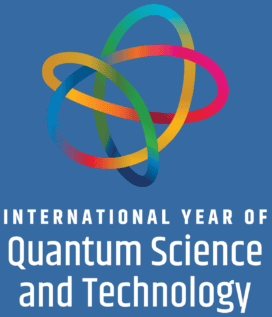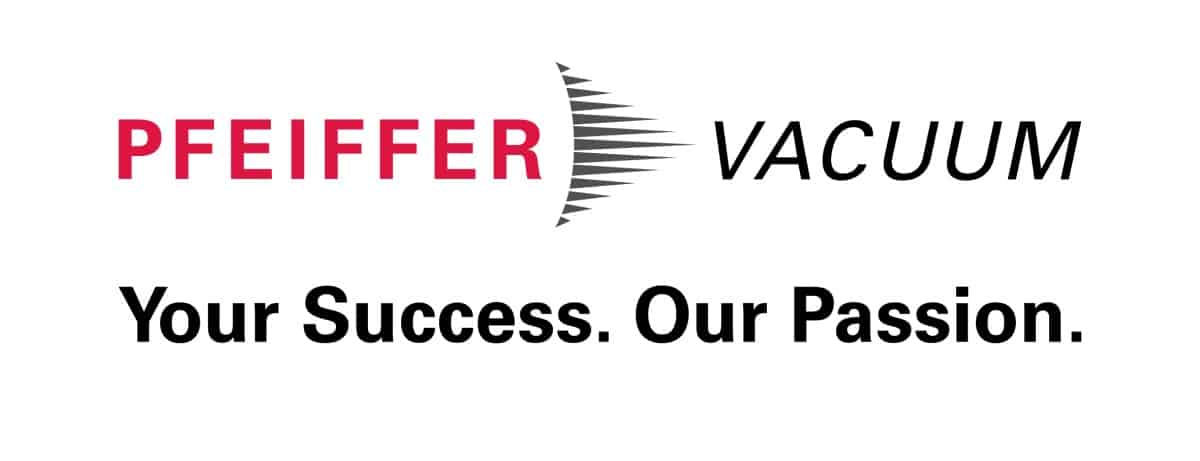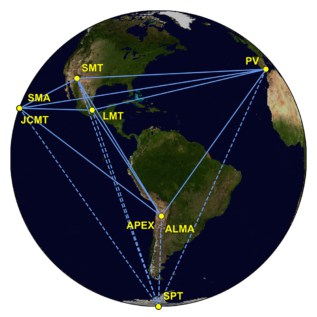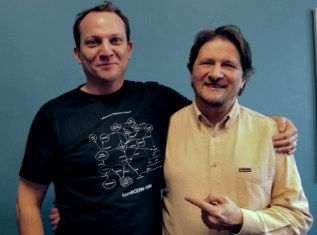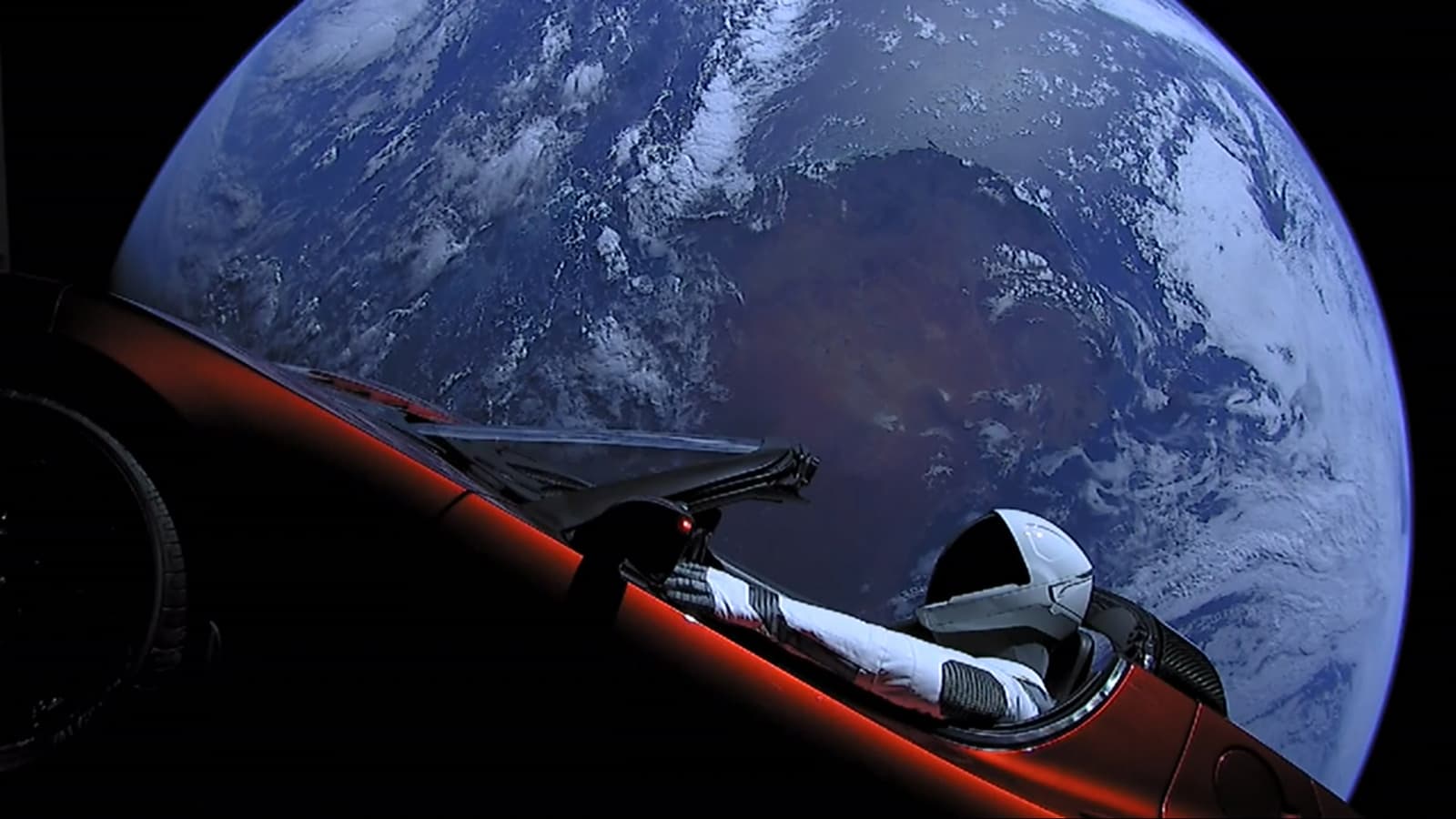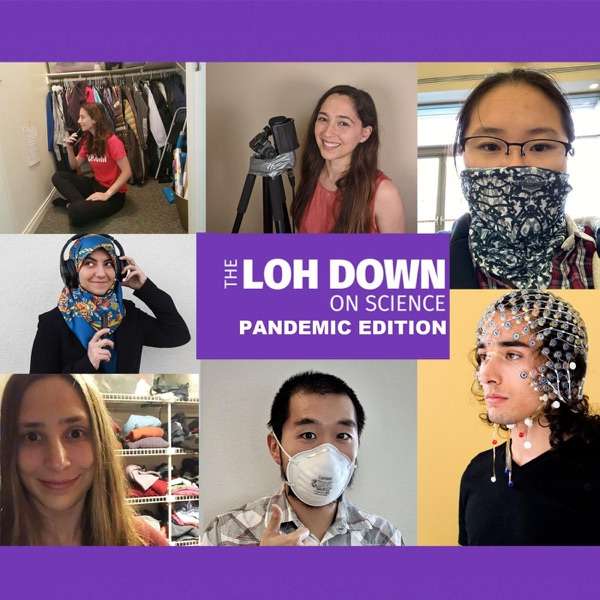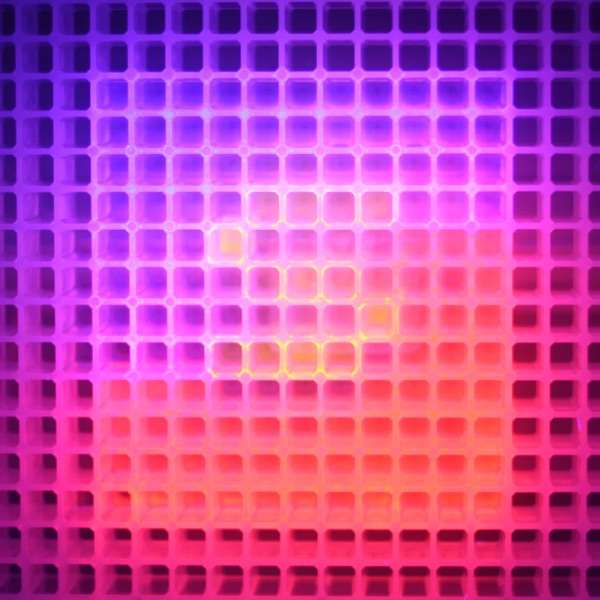Well written, novel and scientifically interesting for physicists – these are the criteria we use to select our Book of the Year prize. To reveal the winner of the 2019 award and discuss the runners up, Physics World’s reviews and careers editor Tushna Commissariat joins regular host Andrew Glester for the December episode of the Physics World Stories podcast.
Since 2009, Physics World has named a shortlist of its 10 best books of the year, before selecting one for its award. In recent years, it has also become a tradition to dedicate the December episode of Physics World Stories to discussing our shortlist, before revealing the winner and hearing from the author of the victorious book. As Andrew Glester notes, the only problem with this tradition is that we inevitably end up adding more books to your ever-growing Christmas reading list!
In no particular order, here is the full shortlist for the 2019 Physics World book of the year:
The Moon: a History for the Future by Oliver Morton
As we celebrated the 50th anniversary of the Apollo Moon-landings, Oliver Morton’s book tells the story of our Moon, from its origin to its role in humanity’s history and future.
The Case Against Reality: How Evolution Hid the Truth from Our Eyes by Donald D Hoffman
Reality is more than meets the eye, and cognitive psychologist Donald Hoffman makes the case for why this applies to everything from evolution to optics.
Fire, Ice and Physics: the Science of Game of Thrones by Rebecca C Thompson
From dragons to walls of ice, everyone’s favourite fantasy TV show has more physics fun hidden within than you would have thought; and Rebecca Thompson takes readers on an epic quest.
Underland: a Deep Time Journey by Robert Macfarlane
From dark matter to nuclear waste, Robert Macfarlane’s Underland will take you deep within the bowels of our planet, and our relationship with these hidden worlds.
The Demon in the Machine: How Hidden Webs of Information are Solving the Mystery of Life by Paul Davies
What exactly is life, how and why does it emerge, and what distinguishes the living from the non-living? Paul Davies’ latest book attempts to answer some of the biggest questions that we have long pondered over.
The Second Kind of Impossible: the Extraordinary Quest For A New Form of Matter by Paul J Steinhardt
A rip-roaring adventure tale, featuring a mild-mannered theoretical physicist who found himself leading an expedition to the mosquito-and-bear-infested wilderness of eastern Russia in search of tiny grains of rock from outer space.
Superior: the Return of Race Science by Angela Saini
After her award-winning book Inferior scientifically analysed the supposed differences between the sexes, Angela Saini now tackles the difficult topic of racism, and the erroneous belief that race, a social construct, has a basis in biology.
Einstein’s Unfinished Revolution: the Search for What Lies Beyond the Quantum by Lee Smolin
US theoretical physicist and author Lee Smolin presents a bold “realist” formulation of quantum mechanics, in which time is fundamental, but space is emergent.
The Universe Speaks in Numbers: How Modern Maths Reveals Nature’s Deepest Secrets by Graham Farmelo
In his latest book, Graham Farmelo offers a bracing defence of string theory, and the power of mathematics in making progress in physics.
Catching Stardust: Comets, Asteroids and the Birth of the Solar System by Natalie Starkey
Natalie Starkey shares her fascination with these cosmic visitors, detailing how scientists study comets and asteroids to understand the 4.6-billion-year history of the solar system.
Those of you with insatiable reading appetites should also check out this recent episode of our weekly podcast, which celebrates a decade of our book of the year award. Tushna Commissariat is joined by Physics World‘s previous reviews and careers editor Margaret Harris and the magazine’s editor-in-chief Matin Durrani. The trio discuss some of their favourite books from the 100 that made it to our shortlists this past decade, as well as chat about some pet peeves and personal favourites of science writing.

 Our TOPPODCAST Picks
Our TOPPODCAST Picks  Stay Connected
Stay Connected



